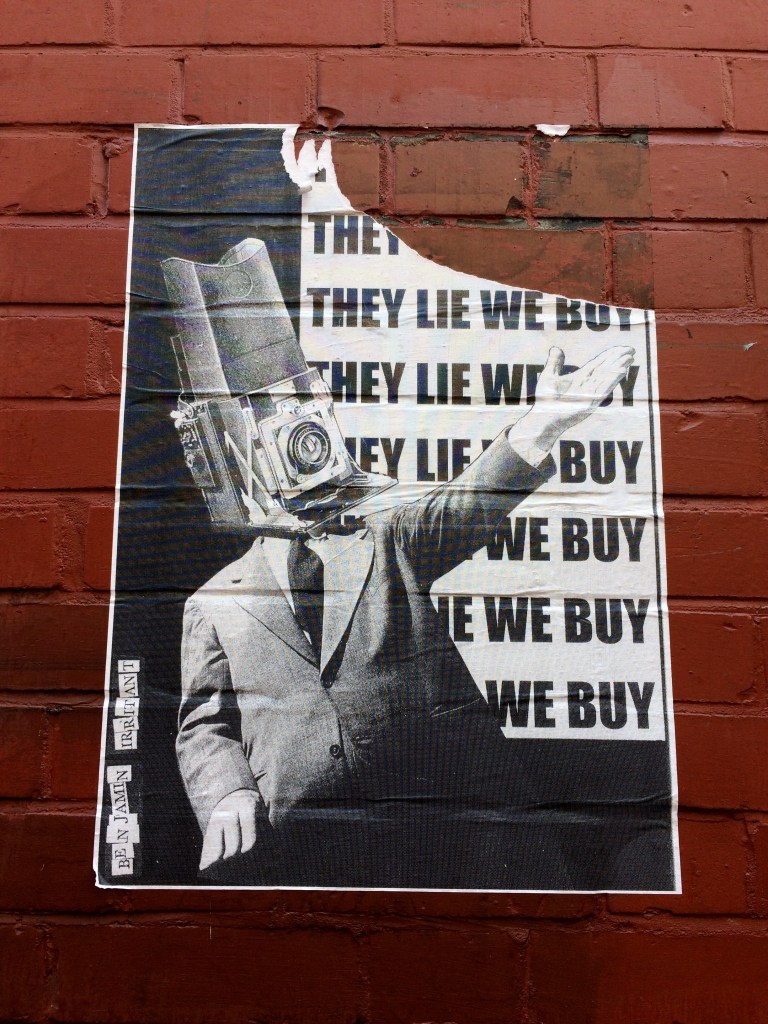
“Postmodernity is modernity without the hopes and dreams which made modernity bearable. it is a hydra-headed, decentred condition in which we get dragged along from pillow [sic] to post across a succession of reflected surfaces, drawn by the call of the wild signifier.” – Dick Hebdige, Hiding in the Light, 1988
Among the toxic terms listed in the glossary of weaponised words, elsewhere on this site*, is a term that has seemed contentious and which has been imperfectly understood since its first appearance in the late Sixties. I included the same word – Postmodernism – in my 1993 book Fads, Fashions and Cults, provocatively subtitled ‘The definitive guide to post(modern) culture.’ When my book, which was aimed at a popular, not a scholarly readership, was launched in Slovenia and featured on national television the Slovene philosopher and critical theorist Mladen Dolar dismissed it as atheoretical and trivial, two other resonant terms which I was not sure whether to resent or to celebrate at the time. An extract from the offending title follows…

Elsewhere on this site I have tried to follow the trajectory of woke**, another, rather different toxic buzzword now favoured by the same side, the opponents of BLM, eco-activism, ‘leftist’ attitudes, in the so-called culture wars that rage on despite the pandemic. In a perceptive review in the New Statesman this week William Davies sets out postmodernism’s trajectory, its recent reimaginings and reiterations by very different interest groups. His article, with his kind permission, is here…
To end with for now, another extract from my antique 1993 guide. I am still pondering the present and possible future of the second p-word, along with other characterisations of our era such as late-modern, techno-modern, post-industrial, post-capitalist and the tension between the post-individual and hyperindividualism, also thinking about the way in which critical positions which were significant for me – Situationism and McLuhanism, for instance – are today ignored or forgotten, and how more recent terms that I think encode important insights – third places, heteroglossia, superdiversity – remain marginal and under-examined. I will try to unpack these musings on these pages very soon…

“Post-Modernism, which deals with the past like one huge antique supermarket, looks very relevant indeed. Pastiche and parody is just an uncomfortable transition to a time when period references will be used without any self-consciousness.” – Peter York, Style Wars, 1980
*https://language-and-innovation.com/2021/01/25/woke-not-woke/
**https://language-and-innovation.com/2018/08/23/a-glossary-of-skunked-terms-brexitspeak-and-the-toxic-terminology-of-populism/

Another review of Stuart Jeffries‘ title, this time by Terry Eagleton, subsequently appeared in the Guardian…https://www.theguardian.com/books/2021/nov/10/everything-all-the-time-everywhere-by-stuart-jeffries-review-how-we-became-postmodern